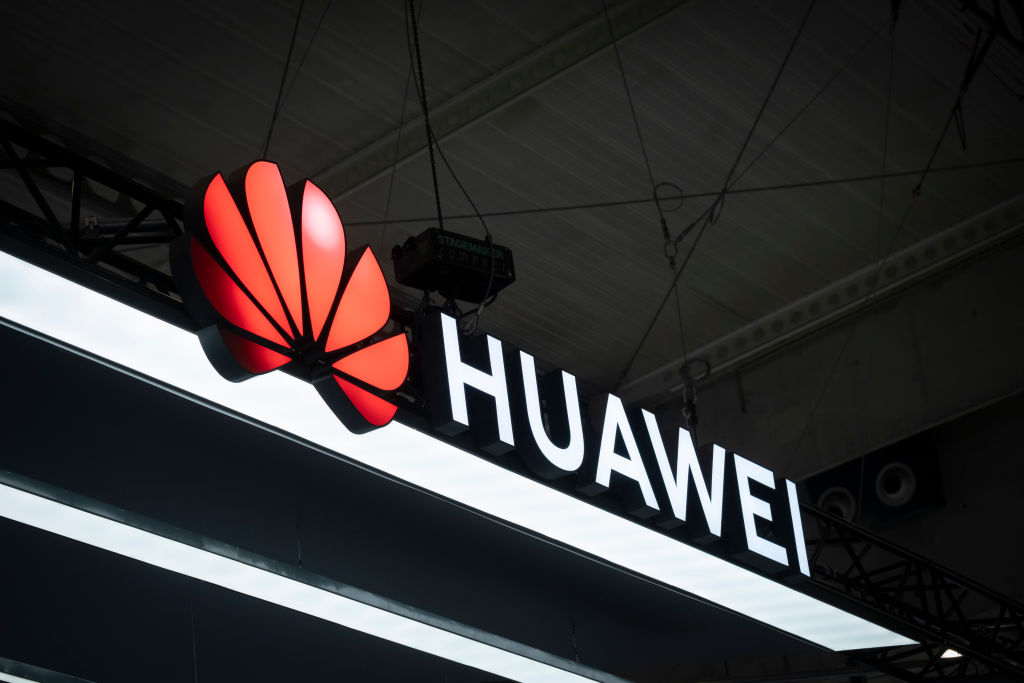The US House and Senate approved legislation to create a $1 billion fund that will help small telecom providers remove and replace Huawei and ZTE networking equipment.
The bill, which awaits President Trump's signature, also prohibits telcos from using Federal Communications Commission funding to purchase Huawei or ZTE equipment. But the Congressional action is largely duplicative, as the FCC had already approved a ban.
The Secure and Trusted Communications Networks Act was approved in voice votes by the House in December and by the Senate yesterday. It doesn't mention Huawei or ZTE by name but says the FCC must produce a list of equipment providers "posing national security risks" and prohibits ISPs and phone companies from using FCC funding to purchase, rent, lease, or maintain equipment and services made by those companies.
The FCC already did that in November when it finalized its ban on using Universal Service funding on Huawei or ZTE equipment. Both the FCC action and the legislation allow the FCC to add providers to that list as necessary. Neither ban technically requires ISPs to remove Huawei or ZTE equipment they previously bought. But the FCC is working on another proposal to require removal of FCC-funded Huawei and ZTE equipment, and the legislation would help the FCC and ISPs make it happen.
Specifically, the bill directs the FCC to create a $1 billion reimbursement fund for ISPs that have 2 million or fewer customers. The funding would be used for "permanently removing," "replacing," and "disposing" Huawei or ZTE gear and equipment from any providers added to the prohibited list in the future. The FCC was already seeking public comment on how to pay for removal and replacement of equipment but hadn't created a fund.
"The passage of this legislation comes at a critical time," the Rural Wireless Association, a trade group that represents small ISPs, said yesterday. "Without this crucial funding, rural carriers would lack the financial means to effectuate rapid replacement of the banned equipment."
Democratic and Republican members of the House Commerce Committee also praised the Senate action, saying, "The existence of Huawei's technology in our networks represents an immense threat to America's national and economic security."
A Huawei spokesperson told Ars that the legislation "is considerably underfunded, would take longer than anticipated [to implement], and could put at risk some of our customers, who serve the most underserved areas... It does not address the most significant issues of network security, but sells out people and operators in rural areas at the expense of taxpayers."


